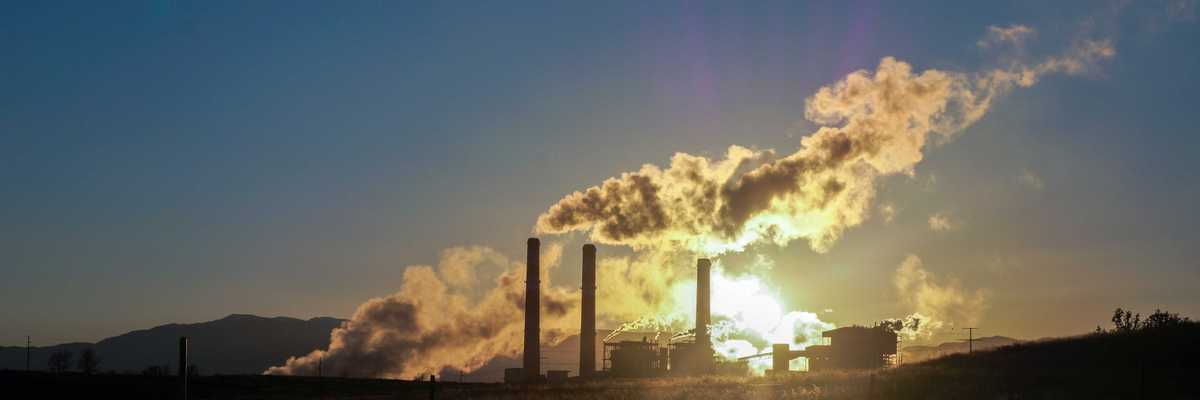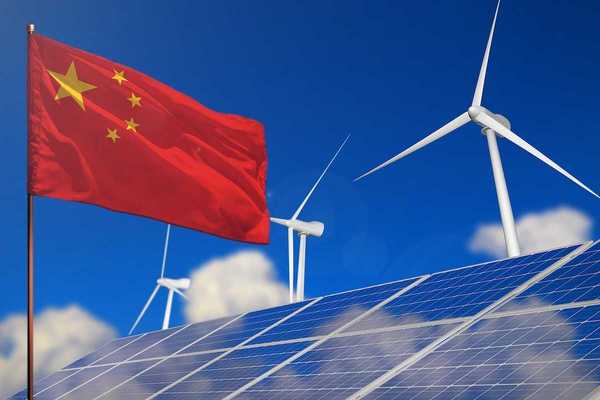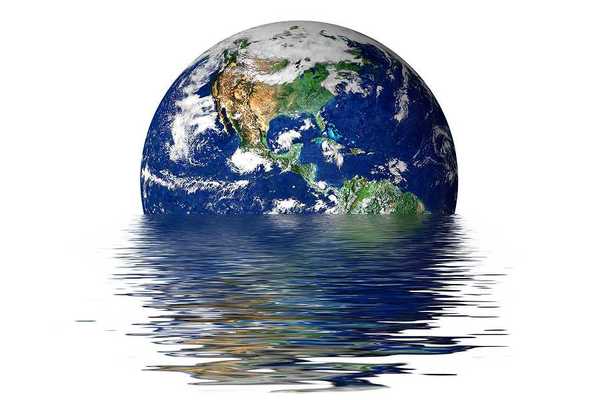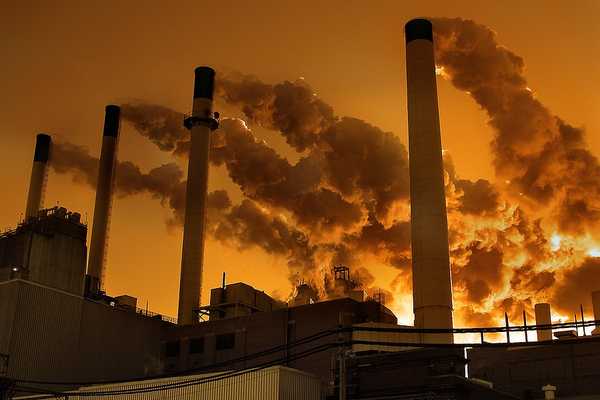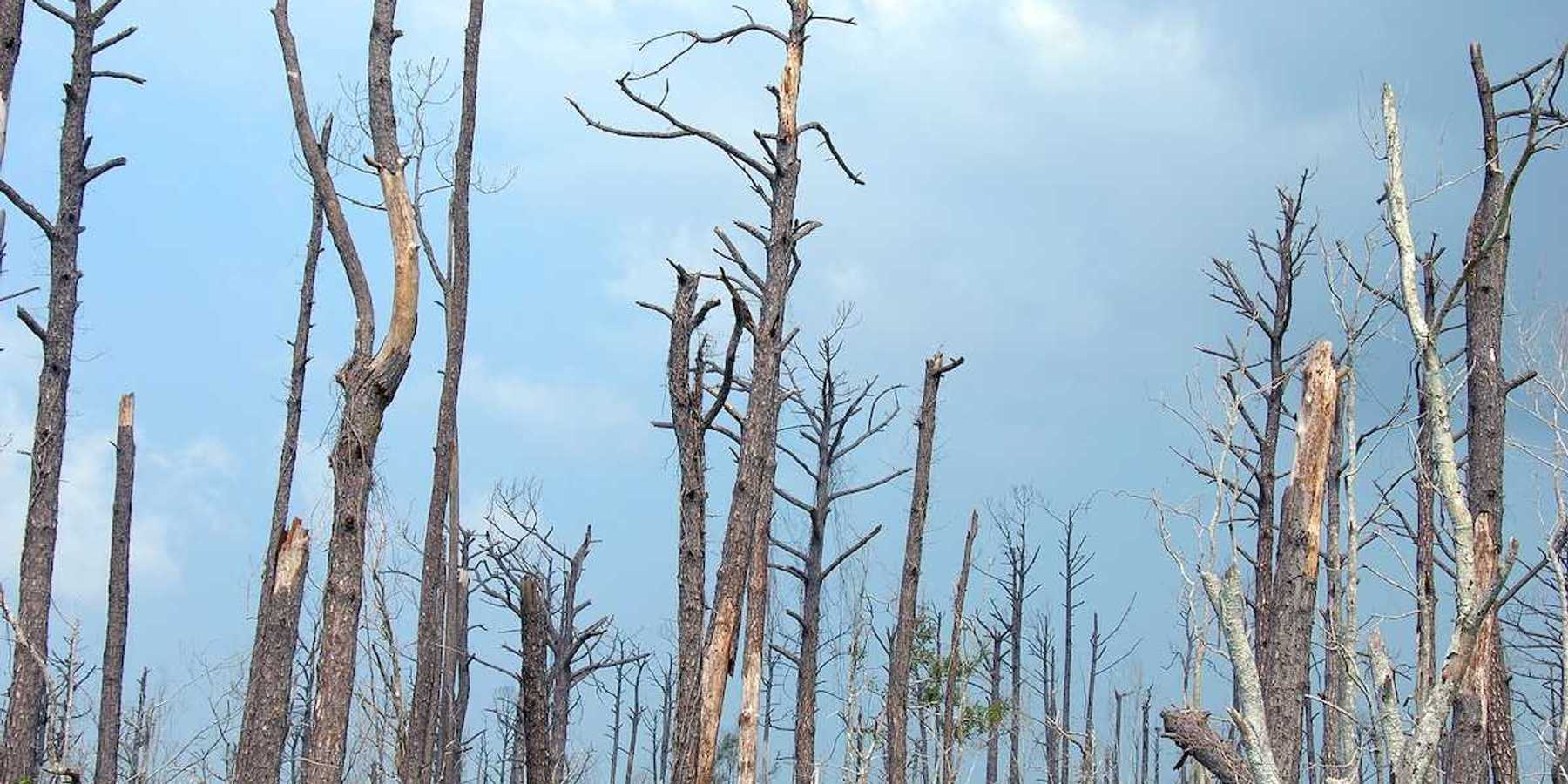greenhouse gas emissions
Economic growth is still heating the planet. Is there any way out?
Flawed economic models mean climate crisis could crash global economy, experts warn
States and financial bodies using modeling that ignores shocks from extreme weather and climate tipping points.
Green energy sector drove more than 90% of China’s investment growth last year, analysis finds
Industry bigger than all but seven world economies, and accounts for more than third of China’s economic growth.
US leads record global surge in gas-fired power driven by AI demands, with big costs for the climate
Projects in development expected to grow global capacity by nearly 50% amid growing concern over impact on planet.
Dutch government discriminated against Bonaire islanders over climate adaptation, court rules
Judgment in The Hague orders Netherlands to do more to protect Caribbean people in its territory from impacts of climate crisis.
Half of world’s CO2 emissions come from just 32 fossil fuel firms, study shows
Critics accuse leading firms of sabotaging climate action but say data increasingly being used to hold them to account.
Restoring our atmosphere is a new frontier in climate action
Rob Jackson's new book, Into the Clear Blue Sky, emphasizes the urgent need to not only reduce greenhouse gas emissions but also restore the atmosphere's health to pre-industrial levels through a concept he calls "atmospheric restoration."
In short:
- Climate scientist Rob Jackson calls for restoring greenhouse gases to pre-industrial levels, emphasizing methane due to its short atmospheric lifespan.
- Jackson highlights the importance of diverse climate solutions, even those that may not be widely favored, to tackle emissions and restore atmospheric health.
- The book advocates for seeing climate action as a pathway to improved health and longer lives, addressing pollution's deadly impacts.
Key quote:
"I emphasize methane in the book because I believe it’s the strongest lever we have to make a difference for short-term temperatures over the next decade or two."
— Rob Jackson, climate scientist
Why this matters:
Into the Clear Blue Sky outlines practical steps and innovative ideas to not just halt the damage but actively restore our planet's health. Read more: Oil and gas methane emissions in US are at least 15% higher than we thought.

